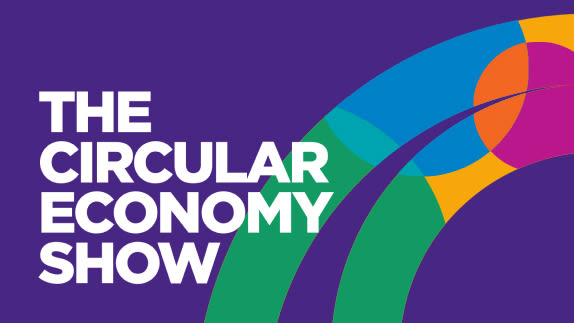Design is changing, and computational design is the new frontier. John Maeda explains how designers can - and should - get up to speed.
EPISODE NOTES
When you hear the word ‘design’, what images come to mind?
Do you think of someone sketching products or creating a 3D model? A team making a prototype? A beautiful, timeless object?
Dr John Maeda says that type of design is in the past. Through his diverse career - including work at MIT, the creation of the ‘Laws of Simplicity’, Presidency at Rhode Island School of Design and now at startup Automattic - Maeda says design has changed forever.
Design truly can change the world, from tackling inequality to improving our cities. But to have a meaningful impact, designers will need to move beyond aesthetic design’ and embrace the new frontier: computational design.




